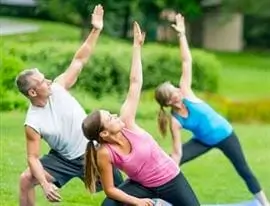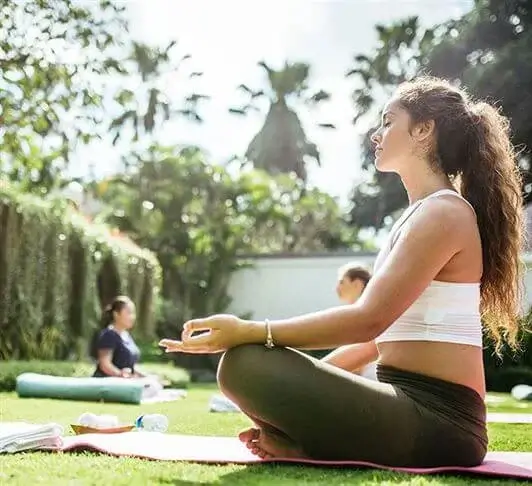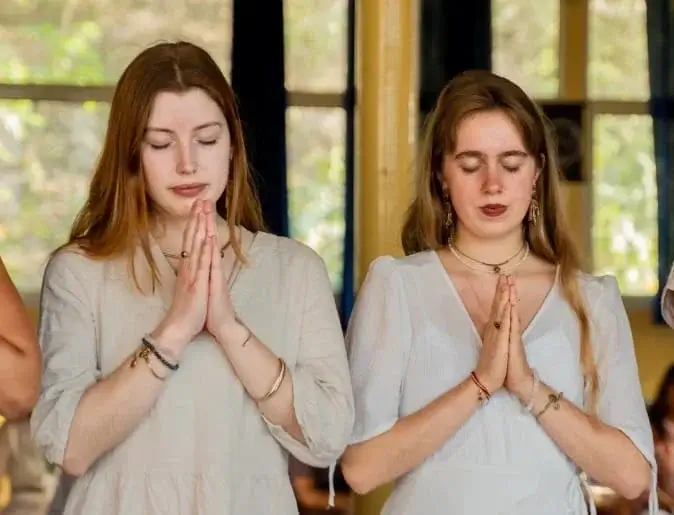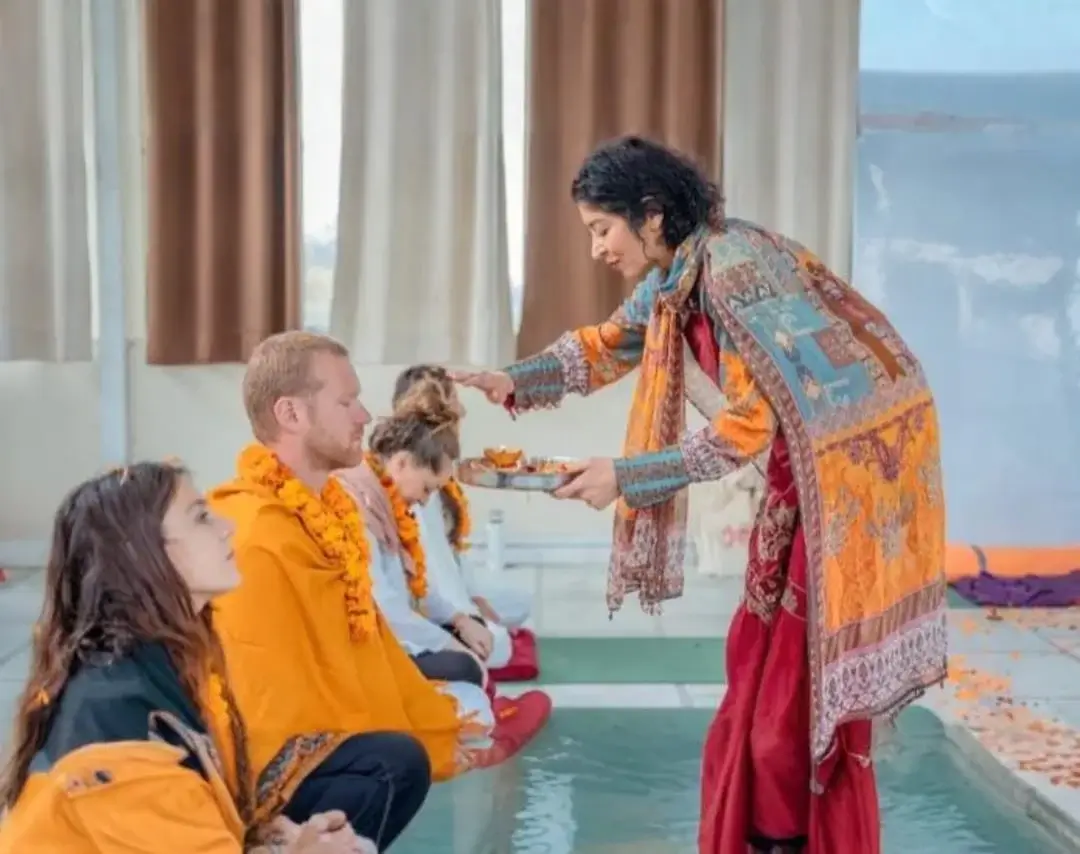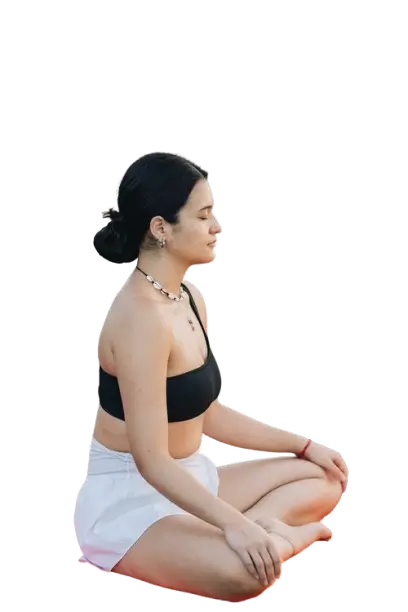Learn, Discover, Free Yourself and Fly
‘Ayurveda’ is a Sanskrit term meaning the science of ancient medicine and healing. It is known to have developed over 5,000 years ago in India. In other words, Ayurveda implies ‘knowledge of life’. Its main principles aims to heal mankind with general wellness and natural health.
Contemporary Yogis have started blending in Ayurvedic wisdom with Yoga and meditation to produce life-transforming changes in physical, emotional and psychological health. This unique approach is now being shared globally through Yoga and Ayurveda Teacher Training programs.
This special combination of Ayurveda and Yoga is often referred to as ‘AyurYoga’. It is concerned with applying the healing principles of Ayurvedic science to Yoga asanas or postures. AyurYoga is steadily emerging as one of the most essential procedures of inducing relaxation to the body and mind. This Yogic discipline treats your emotions and physical complications associated with different Yoga asanas.
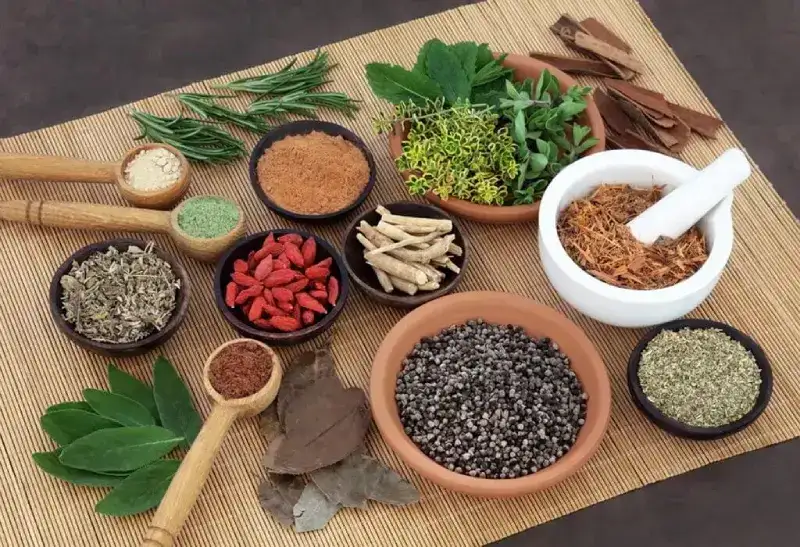
This 5,000-year-old medicinal practice is relevant to contemporary times simply because it continues to be effectual for several physical conditions.
No wonder Ayurveda and Yoga have been growing up over the centuries side by side. It is popular as ‘sister science’. AyurYoga is a fascinating concept of universally wholesome healing. It is a unique wellness science encompassing various aspects of life – physical, emotional and mental. Bali Yoga Retreats is a one-stop institute for inculcating knowledge in AyurYoga.
Participants would be able to gain clear concepts about tridoshas – ‘vata’, ‘pitta’, ‘kapha’ to know about your body type and characteristics. Our team of dexterous AyurYoga professionals will guide you along this journey and learn the processes.
The primary objective of studying this subject is to understand the requirements of different body types.
Ayurvedic Yoga also improves your work performance and social skills. It teaches you the secrets of accepting major differences in mind-body constitution thereby coming to terms with individual expectations.
Our skilled yoga trainers and masters enable students to analyse the various personality traits existent within people with certain dominant dosha types. Thus our program participants are capable of understanding each other more and more – and cooperating to work things out successfully in a supportive environment!
In our Ayurveda course you will learn from an authentic ayurvedic Vaidya-doctor, step by step how you canhelp yourself and othersto remain healthy and strong. Dr. Rawat is a highly professional in ayurvedic medicine and he has been serving our mission for a long period of time.
In keeping with the requirements of Yoga Alliance - USA, Ayurveda Yoga Teacher Training program follows below schedule
Morning Bell
Hatha Yoga
Detox Yoga Cleansing
Pranayama (Breathing Practice)
Breakfast
Yoga Philosophy
Yoga Anatomy
Alignment
Lunch
Yoga Nidra (Self Practice)
Self-study (Healings)
Ayurveda Theory
Ayurveda Practice
Meditation
Dinner
Lights Off
Please note The timing of teaching and modules may vary dependant on seasons.*
Course Fee is include Food & Accommodation
Available batches:
Intakes: February, July, and October 2026
Course starts:
1st of every month
Course ends:
20th of every month
Ready to start your yoga journey? Book your spot now and transform your life.
Note:Yogi Vishnu & Yogini HariPriya (teachers) both organise their time between Rishikesh and Bali depending on their schedules.
Everything You Need to Know About What's Covered and What's Not
Inclusion
Exclusion
Note:During Sundays, we serve only breakfast. You can enjoy lunch and dinner outdoors from amazing local restaurants and get to know more about Bali food culture.
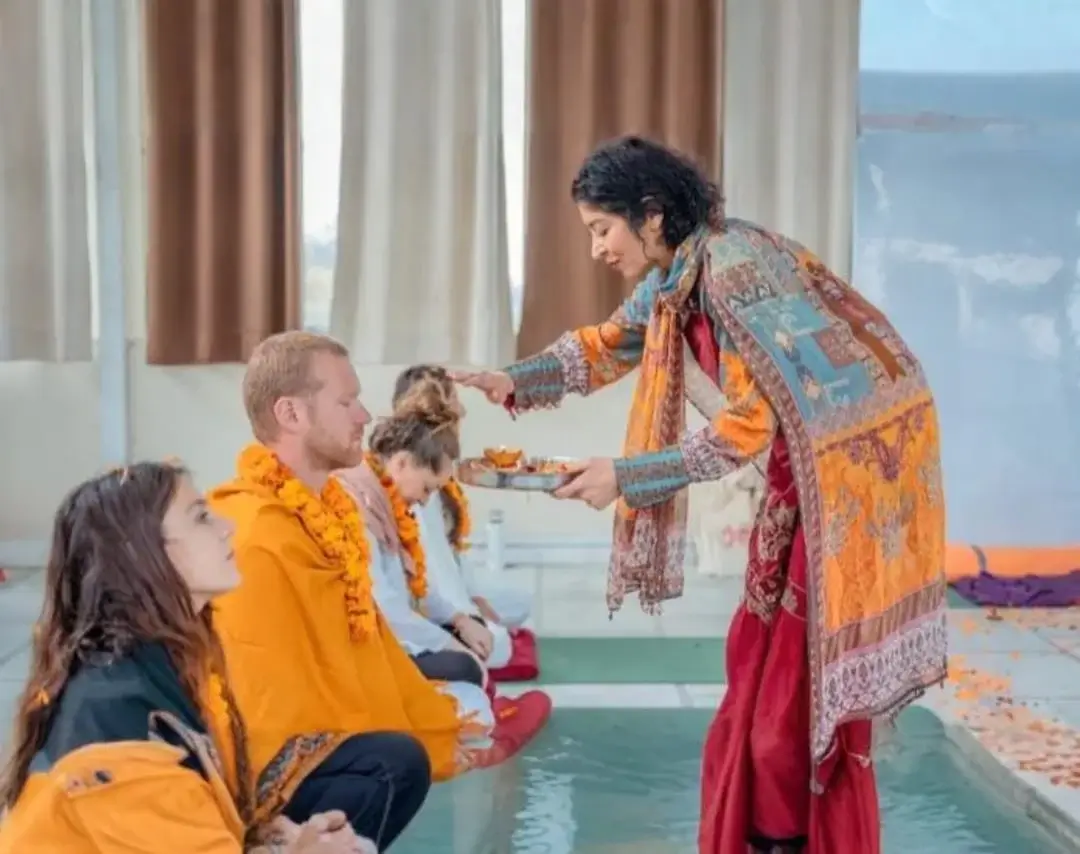
Students will receive welcome drinks upon arrival. You will be warmly welcomed by our team as you check in. Fruits will be available at the reception desk for students to enjoy it at anytime.
Welcome drinks on arrival
Fruits available at reception
Meals available upon arrival
Transportation assistance
If students arrive during breakfast, lunch or dinner they are welcome to eat in the dining hall. For students coming from other hotels we are able to offer our car or scooter to pick you up and can help with anything you need, just let us know. We are here to ensure your stay begins with ease and comfort.
Comfortable Living and Nourishing Meals During Your Training Journey
Vegetarian - Vegan - Glutton free
We serve delicious vegetarian food. According to the needs of our students we also serve gluten free and vegan food. However, if you have any specific conditions such as food allergies, etc., we will be happy to prepare special food for you. Our food is prepared in a loving and spiritual manner to ensure most benefit from the food. Fresh ingredients, organic vegetables and fruit are used wherever possible. 3 meals are served a day, breakfast, lunch and dinner. The food menu is prepared through taking into consideration a balanced nutritional diet.
BYR mainly focus on the sattvic diet that is prepared to support your yoga practice, helps in improving digestion, cleanses the body and keeps your mind calm and focused. Students will enjoy the most tasty and healthy meals in Bali Yoga Retreats. Our kitchen team is guided by the Ashram and they know how to prepare food with spiritual feelings. We serve mostly vegetarian dishes.
But with the requirement of the students we also provide:
We provide:
Note: During Sundays, we serve only breakfast. You can enjoy lunch and dinner outdoors from amazing local restaurants and get to know more about Bali food culture.
Your Heavenly Home
At Bali Yoga Retreat, we offer comfortable and peaceful accommodations to make your stay relaxing. Our rooms are designed to provide a calm environment, perfect for rest and meditation. You can enjoy our clean and hygienic rooms, where you can recharge your body and mind after a day of yoga and workshops . Every detail is arranged in keeping student’s comfort and safety in mind so your stay will feel like a home to you. Proper ventilation in the room is available so that you can enjoy the fresh air all the time.
Many types of accommodation(Air Conditioner Room) are available at our yoga school, from single rooms to shared rooms. You can choose the rooms according to your requirement.
Stay and facilities
If you need to leave early:
Free Day
Sunday is free day and we have excursion tours arranged which are part of the full program. All are included in your course fees. On Sundays you will receive only breakfast and you can enjoy your lunch and dinner outside in the many beautiful cafes & restaurants.
Accommodation
We offer a range of accommodation options designed for your comfort and peace of mind. Our modern, cozy rooms create a warm and relaxing space where you can feel at home, unwind, and focus on your yoga journey.
Facilities
At Bali Yoga Retreats, we provide everything you need for a comfortable stay. Enjoy clean, airy rooms, spacious yoga halls, free Wi-Fi, and peaceful garden areas. With fresh drinking water, 24-hour electricity, and regular housekeeping, your experience remains relaxed and worry-free.
Have Questions? We’ve Got You Covered!
Bali Yoga Retreat
Get Your Yoga Certification Course Today
Students Who Have Enroll For Our Yoga Teacher Training Course In Bali
You do not learn anything from anyone unless you are desirous
Considering traveling to Bali for a retreat?
Understand what’s expected of you during the course and our terms regarding assessments, discipline, and refunds.
Certifications
Evaluation & CertificationDiscipline Guidelines
Code of ConductRefund Policy
Refund & Cancellation Policy for StudentsAll aspirants are advised to carefully consider the time and resources required for the course before forwarding the application for the teacher training course. The deposit submitted with the application is not refundable. However, in case of emergencies and other unavoidable experiences the Bali Yoga Retreat, at its discretion permits students to go for any other scheduled course. We therefore recommend that all applicants carefully examine their upcoming obligations so that they may be able to devote their full attention to the teacher training program.
Bali Yoga Retreat
Get Your Yoga Certification Course Today
Best Yoga Teacher Training in Bali | Bali Yoga Retreats
Transform your journey with our authentic yoga retreats in Bali
Become a Certified Yoga Instructor with Us
Get Up To 20% OFF* on All Yoga Courses!
By entering your email, you agree to receive our periodic promotional emails.
